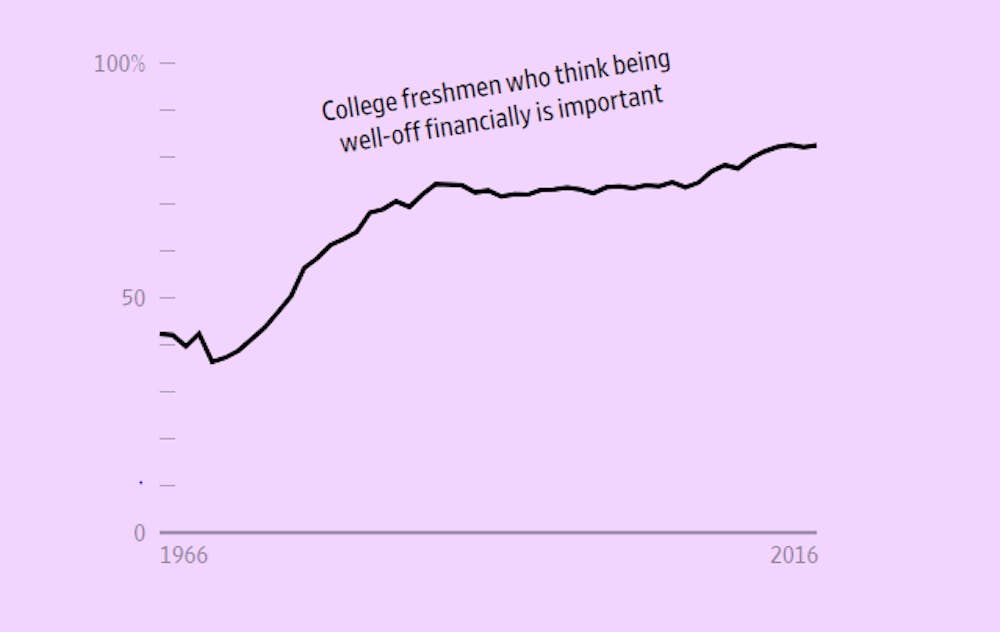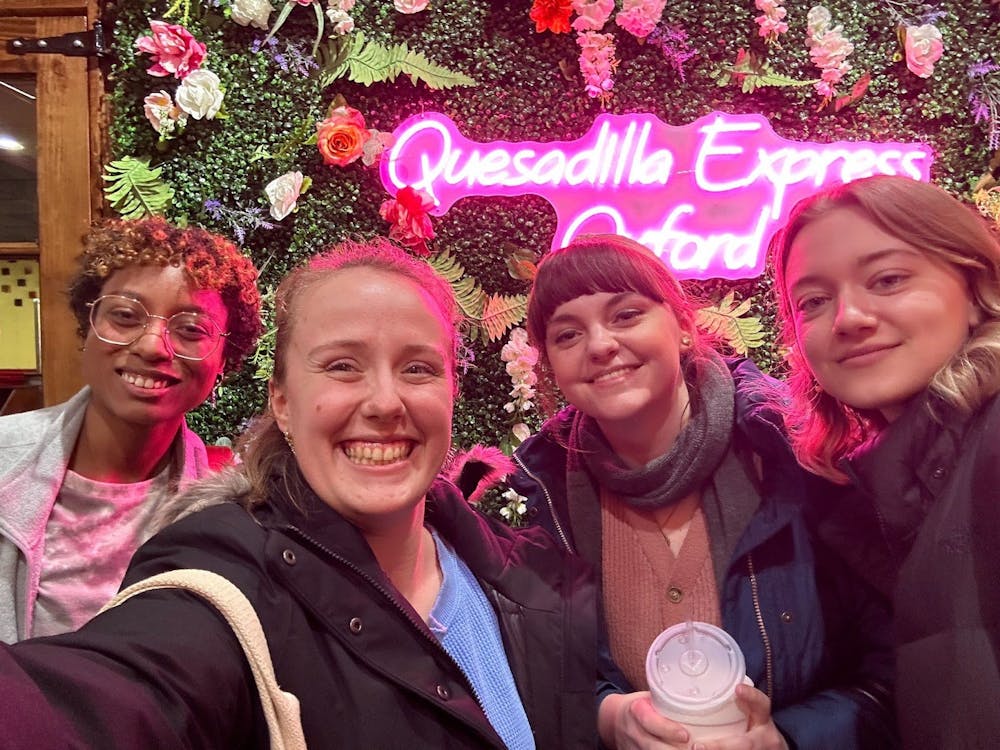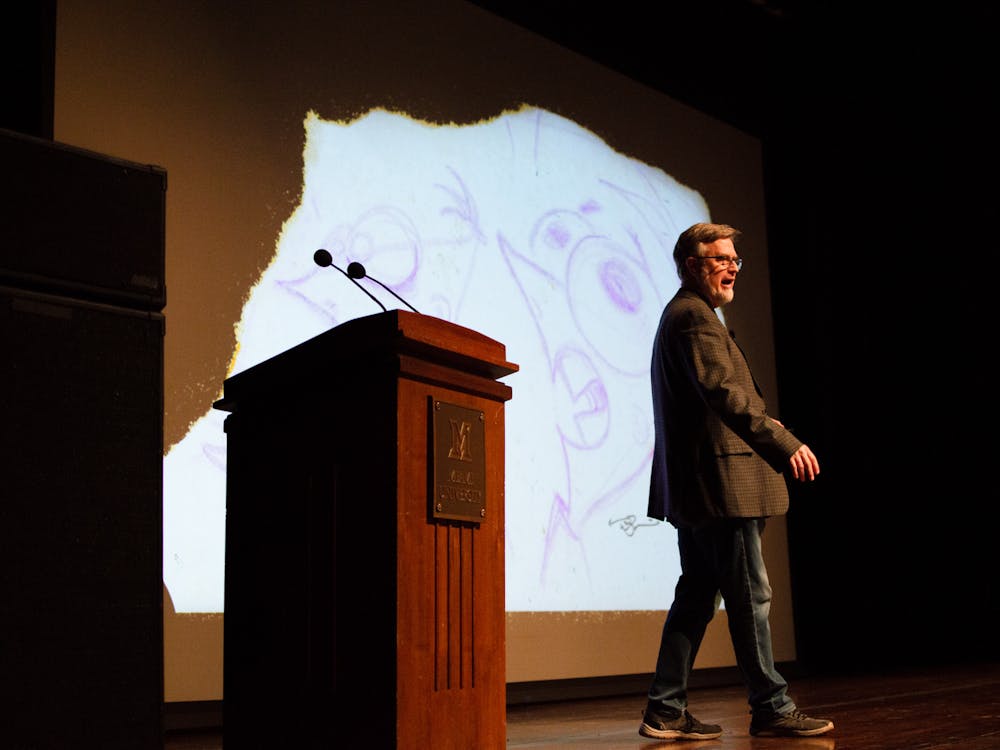Sophie Crist was eight years old when the 2008 recession hit her hometown of Tiffin, Ohio.
Her mother was trying to juggle running a home and going to college. At the same time, her dad suffered a pay cut while working for the Ottawa Board of Developmental Disabilities.
"[My dad's] idea of success is more monetary," Crist said. "So he always wanted me to do incredibly well. Going to college was never not an option for me, because that's what you needed to do to get a good job."
Crist's motivation for her studies landed her a spot as one of Miami University's Humanities Scholars.
Crist's is a story found in many members of a generation rooted in the struggles of growing up in the recession.
She is part of Gen Z - also referred to as the "iGen."
There is some debate on the exact cutoff dates for Gen Z, but Pew Research categorizes anyone born in January 1997 and after as a post-Millennial, or a Gen Z-er.
According to an article in The Wall Street Journal, with the baby boomer generation retiring and unemployment at historic lows, "Gen Z is filling immense gaps in the workforce."
Members of Gen Z desire financial security and have a strong work ethic that will compensate for retiring baby boomers.
But the generational differences transcend economics, said Ronald Becker, an associate professor in Miami's Department of Media, Journalism and Film.
Students are used to being constantly stimulated, and they want that same digital stimulation to be incorporated in their classes, which Becker said has resulted in increased demand for online courses. The university has also had to adapt to the ways in which students communicate.
"Students are increasingly hesitant to come see me during office hours and don't feel comfortable solving problems in person," Becker said.
Enjoy what you're reading?
Signup for our newsletter
Becker said students are losing the value of interpersonal communication. Having a conversation with a student face-to-face is more powerful than sending an email, he said.
"There's a moment of communication that is being left behind to your detriment," Becker said.
"Gen Z is so used to texting that when they talk to a teacher they do not switch between an informal conversation to a formal one," says Becker.
Rose Marie Ward, kinesiology professor and associate dean of the Graduate School, also sees changes in how students and parents communicate about grades.
"I can see more of that being asked for from parents as this generation comes into Miami, because they want more access to records," Ward said. "What we have as an issue there is that you are adults."
Because Gen Z-ers are digital natives, Ward said, they have grown up watching the consequences of having bad decisions recorded and posted online.
"The 'going out and doing it on your own' philosophy is becoming more popular in this generation," Ward said. "There is a lot more political activism coming out of this generation than ever before. The Parkland shooting - those students became activists overnight, whereas we would have never seen that before."
With the world at its fingertips, Gen Z is making strides toward change,, Ward said.
"Gen Z is more conscious of things," Ward said. "You guys are making a lot of decisions that are very different than what we saw with millennials, and there is a turn with risky behaviors. I think there is going to be a different direction for you guys, because your lives have been documented since day one."




